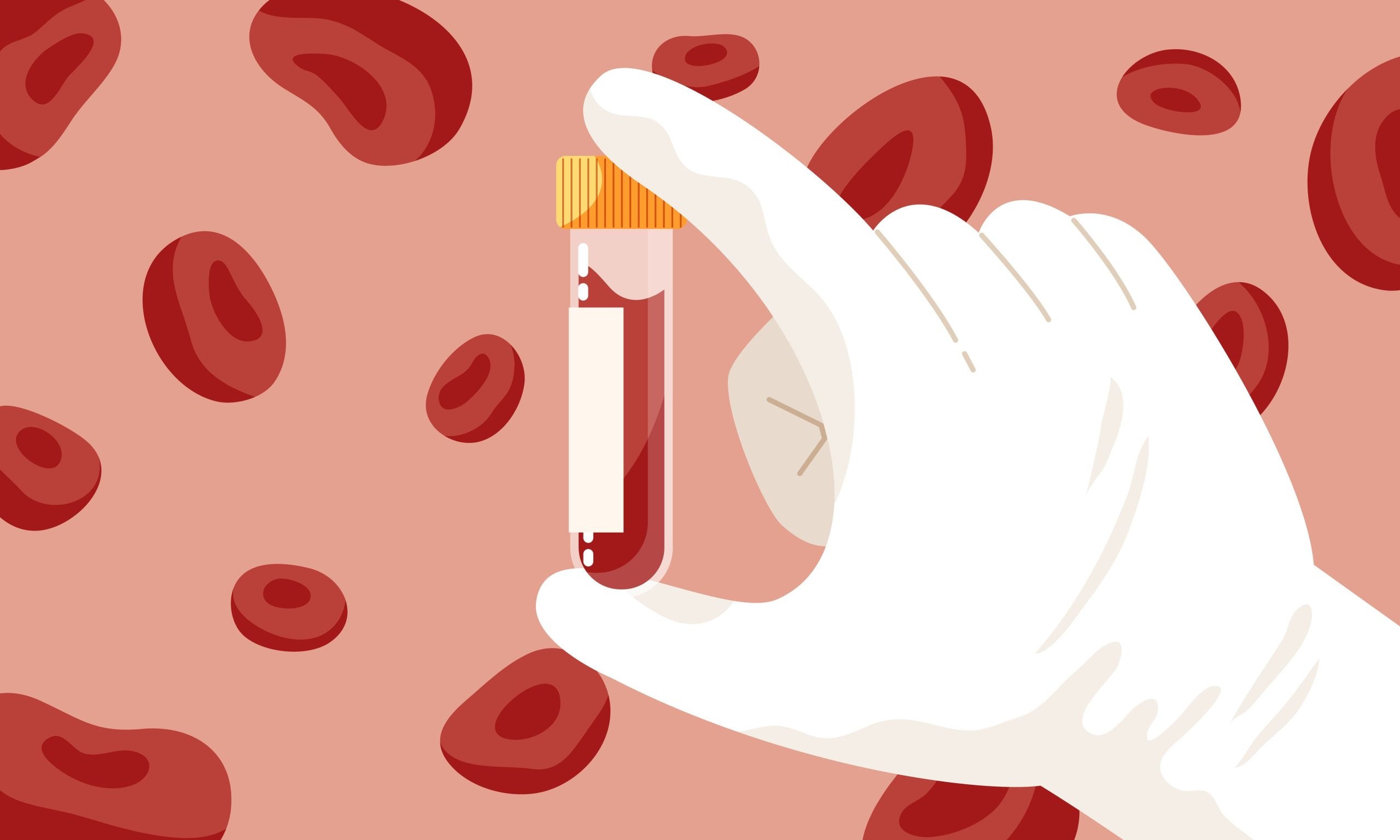
YourBio has received 510(k) medical device clearance from the US Food and Drug Administration (FDA) for its remote collection blood device.
The Touch Activated Phlebotomy (TAP) Micro Select is used for microcapillary blood diagnostic testing. According to the Boston, US-based company, the bladeless device removes barriers to blood collection and can be used in decentralised clinical trials and health testing spaces. The device uses a bladeless microneedle array and can house 500uL of collected capillary blood. It is listed for investigational use only.

Discover B2B Marketing That Performs
Combine business intelligence and editorial excellence to reach engaged professionals across 36 leading media platforms.
The FDA-cleared Micro Select joins the company’s TAP II device – CE and UKCA marked but listed for investigational use only in the US.
Needle phobia is a recognised issue in blood collection settings, with the UK NHS offering virtual reality (VR) treatment plans to help patients with the condition.
According to YourBio, its device can provide painless, remote blood collection. In September 2021, the company launched a Covid-19 antibody test available to UK consumers. Unlike traditional fingerprick lancets, the technology provided a painless way to take blood. YourBio is disrupting the phlebotomy space tapping into the global capillary blood collection and sampling devices market is forecast to reach $3.6bn by 2030.
“YourBio Health is advancing virtually painless blood collection technologies to meet the growing demand in various blood sampling markets,” said Harry Wilcox, chairman and CEO of YourBio Health.

US Tariffs are shifting - will you react or anticipate?
Don’t let policy changes catch you off guard. Stay proactive with real-time data and expert analysis.
By GlobalData“Independent research using TAP technologies has demonstrated venous concordance for patient-centric collection meeting the desires of both patients and clinicians; this includes promoting greater diversity in clinical trials and supporting the momentum behind the mega-trend of people wanting to understand and have more control of their health.”



